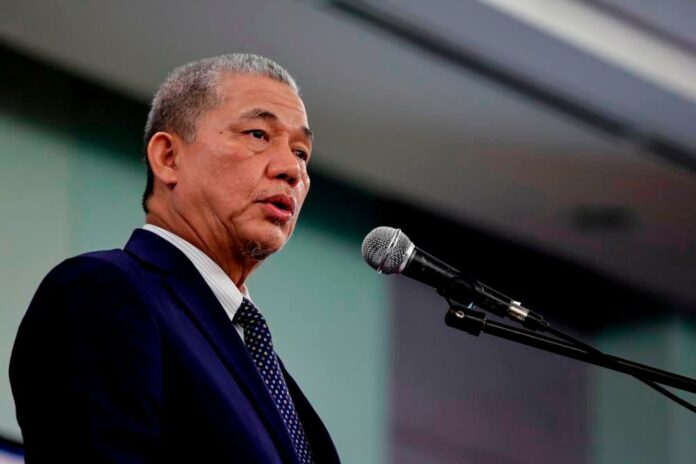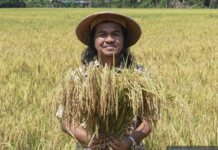KUALA LUMPUR, Aug 3 — The Ministry of Plantation and Commodities (KPK) has targeted to to increase the plantation industry’s contribution to the gross domestic product (GDP) from 3.0 per cent recorded in the first quarter of 2023 (1Q 2023) through new developments in the agricommodity sector which can potentially enhance smallholders’ productivity and income.
Deputy Prime Minister Datuk Seri Fadillah Yusof who is also the Minister of Plantation and Commodities said various initiatives have been implemented by the government to support and encourage the smallholders to increase their productivity including providing financial and technical assistance.
“Many initiatives are being implemented and, Insya-Allah, I hope with these efforts, we are able to increase income specifically for the smallholders, which ultimately would help increase the country’s revenue.
“This is because the agricommodity sector plays an important role in the nation’s economy whereby it currently contributes about 3.0 per cent to the GDP. We hope with these new developments, we would be able to increase the contribution to the country’s income,” he said.
Fadillah said this when appearing as a guest on RTM’s ‘Selamat Pagi Malaysia’ propramme titled ‘Empowering the Madani Economy Commodity’ today.
For the record, the Malaysian economy recorded a better-than-expected growth of 5.6 per cent in 1Q 2023 driven by, in particular, private sector spending.
The agriculture sector including agricommodity contributed 6.0 per cent or RM22.8 billion to the country’s GDP in 1Q 2023, out of which RM18.5 billion was from the agricommodity sector.
Meanwhile, Fadillah said the agricommodity sector plays quite a significant role in realising the Madani Economy vision which is for Malaysia to become among the top 30 largest economies in the world.
He said the ministry’s vision which is to ensure the sustainability of the sector for the people’s well-being is in line with the Madani Economy concept.
“We must look into how we can maintain or further increase the nation’s commodity exports.”
He explained that the ministry is also focusing on increasing productivity from seedlings to harvesting and right up to the production of downstream products, not only in the production of crude palm oil but how this is processed to produce oleochemicals for use in beauty, health products and others.
“We have to improve this (product productivity), we have to play a role in how to connect and link the cooperation between the big companies and the smallholders.
“If the world economy improves but the smallholders don’t get the benefits, certainly it would affect our production/productivity, and we have to balance this.
“At the same time, we must look at the kind of support we can provide so that the smallholders can play a role in the value chain and to ensure that they increase their production of oil palm, rubber, and others,” he added.
Fadillah said the government has also established cooperatives to help the smallholders in getting assistance such as agricultural input as well as use of modern technology to enable them to enhance their productivity and income.



















